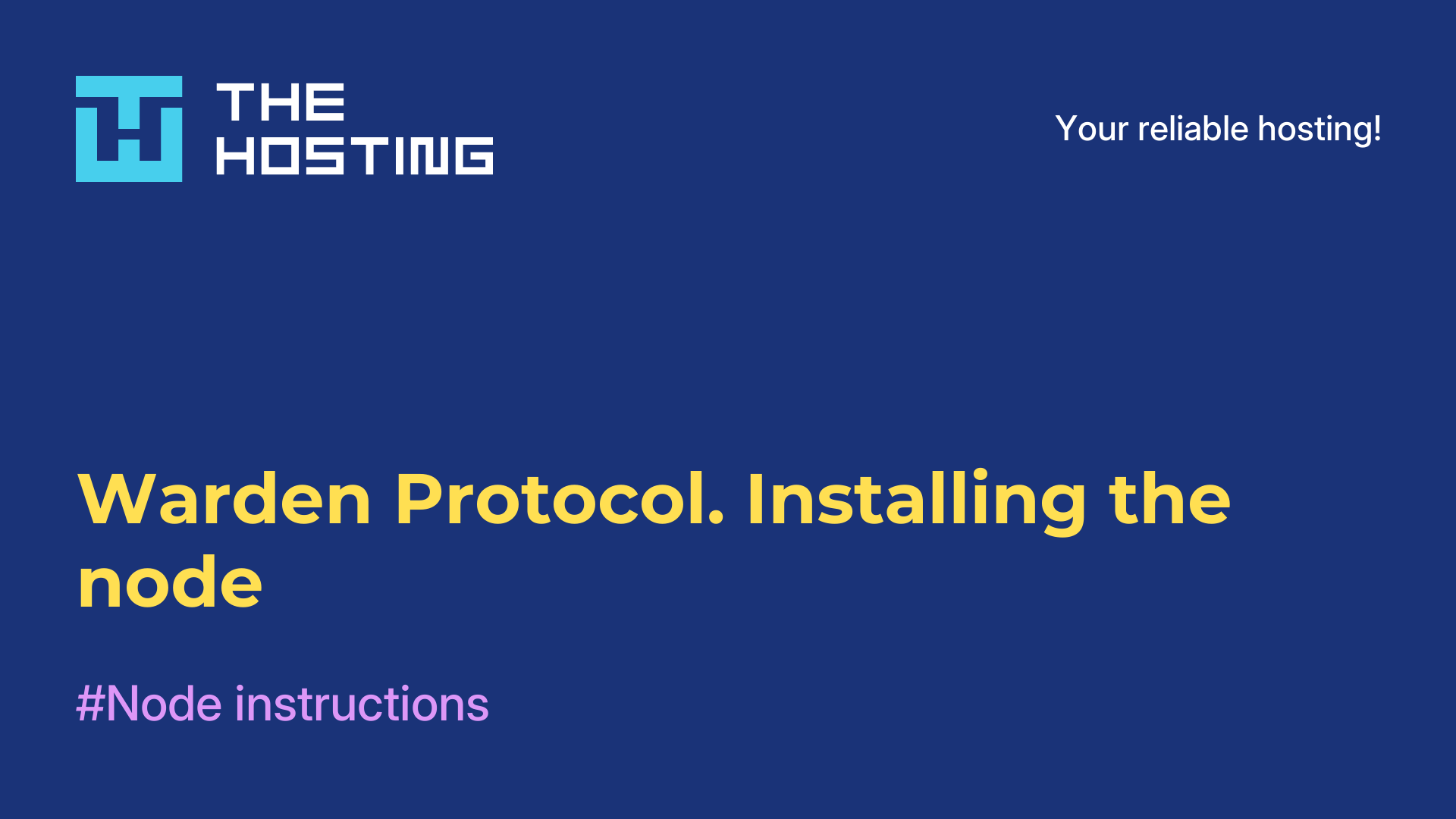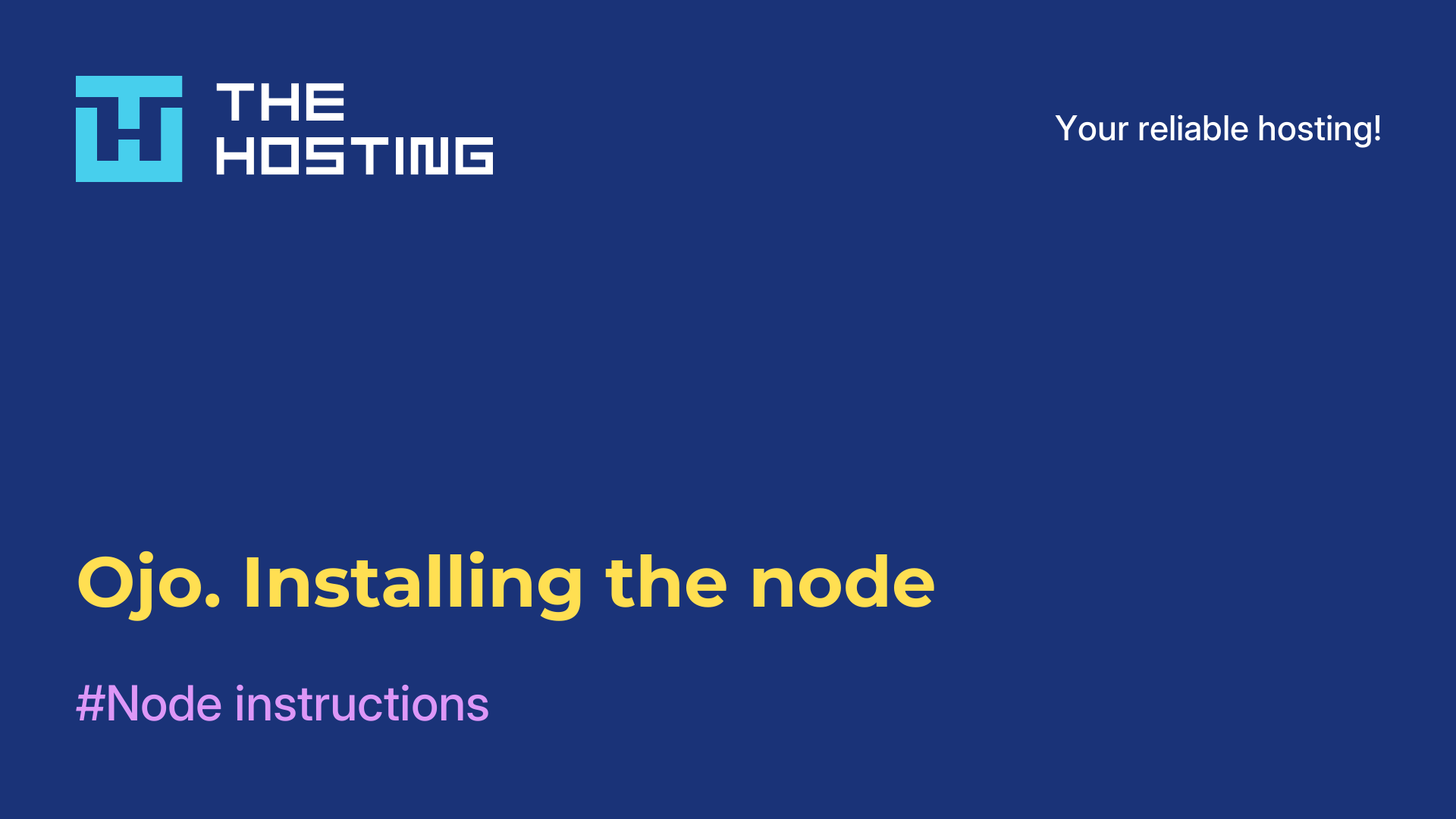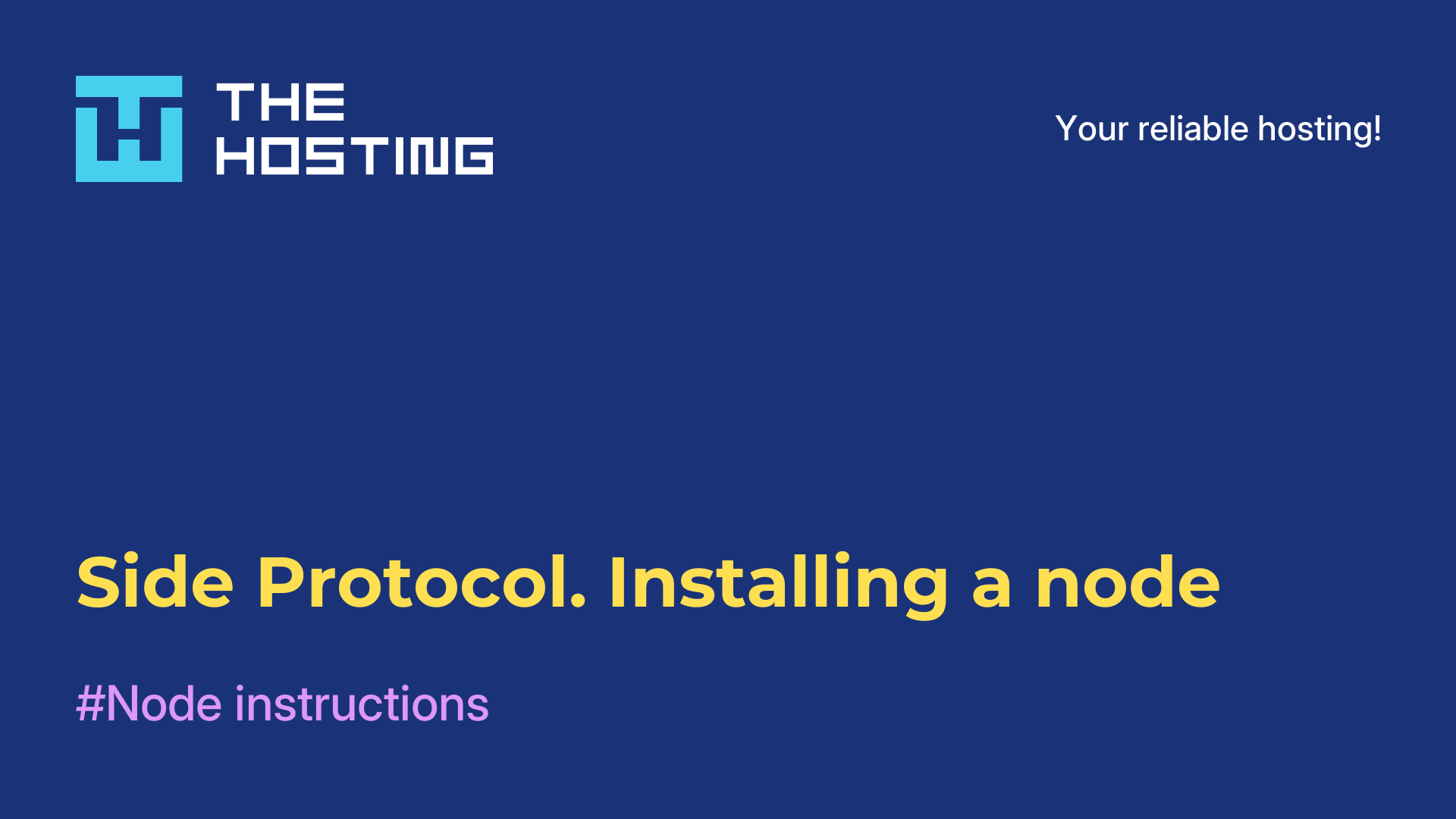Elixir. Installing the node
- Main
- Knowledge base
- Elixir. Installing the node
Noda Elixir is part of a decentralized protocol used to automate marketmaking on various trading platforms (CEX and DEX). It helps to provide liquidity on trading pairs, offering transparent and automated solutions for different projects and users. To install and work with the Elixir node, you need to follow a series of steps.
Preparing to install Elixir node
Hardware requirements
The Elixir validator will require:
-
RAM (Random Access Memory): a minimum of 8 GB.
-
Internet: stable connection with a speed of at least 100 Mbps.
-
Disk space: at least 100 GB.
-
Processor: any processor that can work stably 24/7.
Software
-
Operating system: Linux, macOS or Windows (Linux is recommended for more stability).
-
Docker: you need to install Docker to manage containers.
Docker installation
To run the Elixir node, you need to install Docker. Follow the instructions for your operating system:
Ubuntu/Linux:
sudo apt update
sudo apt install docker.io
sudo systemctl start docker
sudo systemctl enable docker-
MacOS: install Docker Desktop through the official website.
-
Windows: also install Docker Desktop through the official website.
To verify the installation, run:
docker --versionGenerating a wallet for the validator
Elixir network requires a unique wallet to sign transactions.
-
Install the Metamask extension and create a new account.
-
Save the private key of your new account. This is necessary to set up the validator.
Configuring the validator
Create an environment file (e.g. validator.env) in which you need to enter the following information:
-
STRATEGY_EXECUTOR_DISPLAY_NAME- The public name of the validator displayed on the Elixir dashboard. -
STRATEGY_EXECUTOR_BENEFICIARY- the address of the wallet where the rewards will be deposited. -
SIGNER_PRIVATE_KEY- the private key of the wallet created earlier.
Downloading the Docker image and launching the node
Download the Docker image of the Elixir node and start the configuration container:
Download the node image:
docker pull elixirprotocol/validator:v3Run the container by specifying the environment file:
docker run -d
--env-file /path/to/validator.env
--name elixir
elixirprotocol/validator:v3Advanced Settings
Automatically restart node: To have the validator automatically restart when the system crashes or reboots, use the --restart unstopped flag:
docker run -d
--env-file /path/to/validator.env
--name elixir
--restart unless-stopped
elixirprotocol/validator:v3Running on an ARM architecture (e.g., Apple Silicon): If you have an ARM processor, you must add the --platform linux/amd64 flag:
docker run -d
--env-file /path/to/validator.env
--name elixir
--platform linux/amd64
elixirprotocol/validator:v3Validator Upgrade
To upgrade the node to a new version, run the following commands:
Stop the current container:
docker kill elixir
docker rm elixirLoad the new version:
docker pull elixirprotocol/validator:v3Restart the node:
docker run -d
--env-file /path/to/validator.env
--name elixir
--restart unless-stopped
elixirprotocol/validator:v3Monitoring and upgrading
Monitoring: the validator can be configured to use HTTP endpoints to check health and metrics via Prometheus. To do this, open port 17690:
docker run -d --env-file /path/to/validator.env --name elixir -p 17690:17690 elixirprotocol/validator:v3Validator Update: If you need to update the node, run the following commands:
docker kill elixir
docker rm elixir
docker pull elixirprotocol/validator:v3
docker run --name elixir --env-file validator.env --platform linux/amd64 -p 17690:17690 --restart unless-stopped elixirprotocol/validator:v3Once the node is installed and running, you can start working with Elixir, participating in providing liquidity and receiving rewards for your validator work. Keep an eye on updates and update the node in time for correct operation.






























